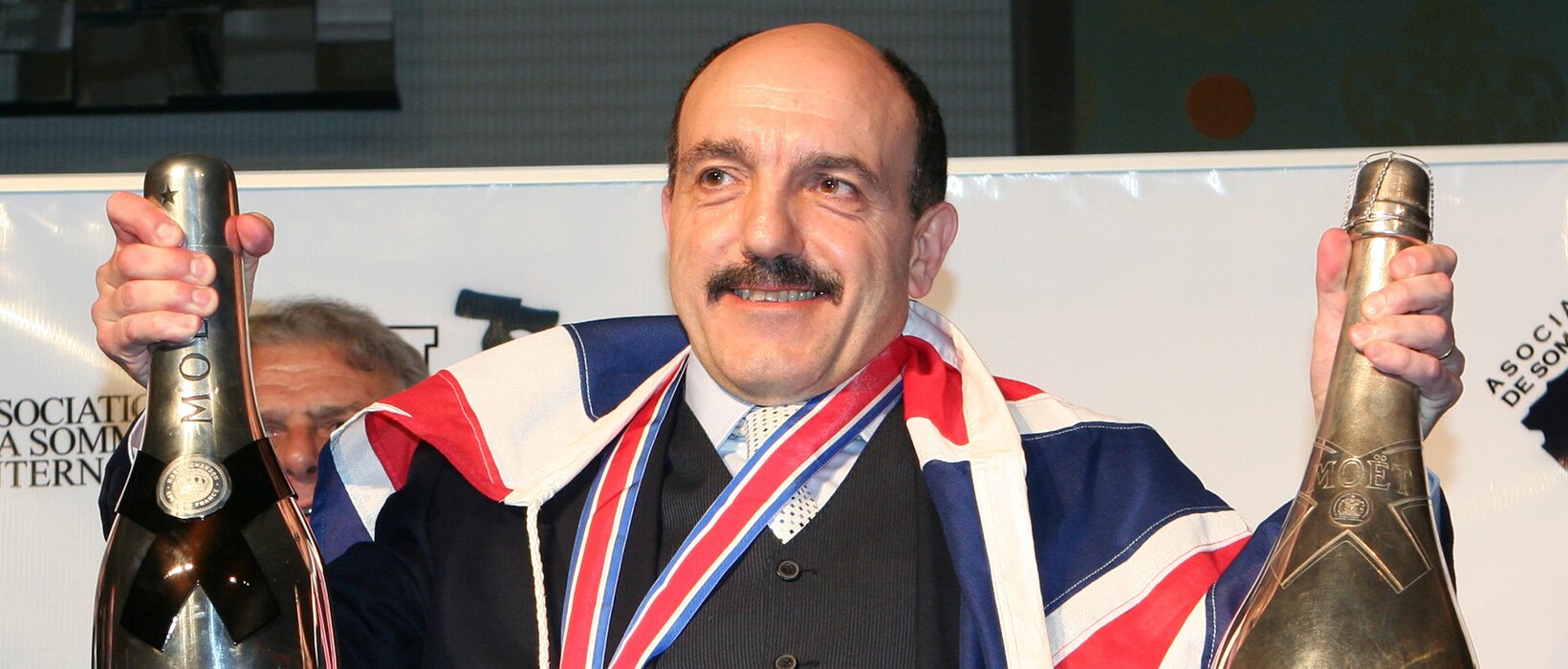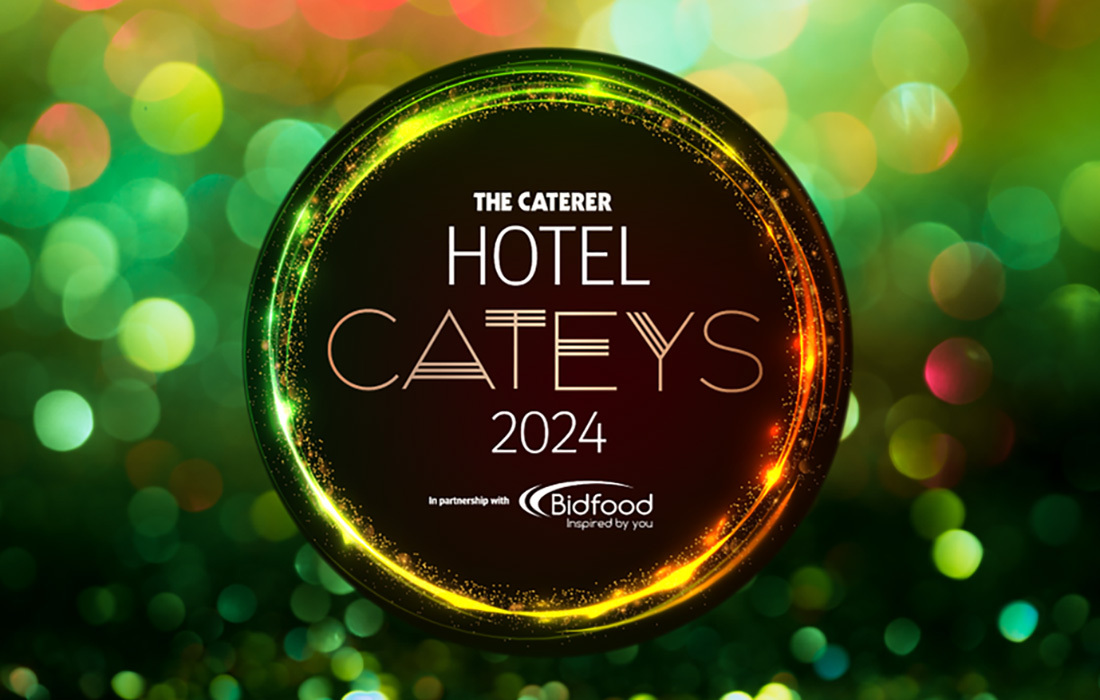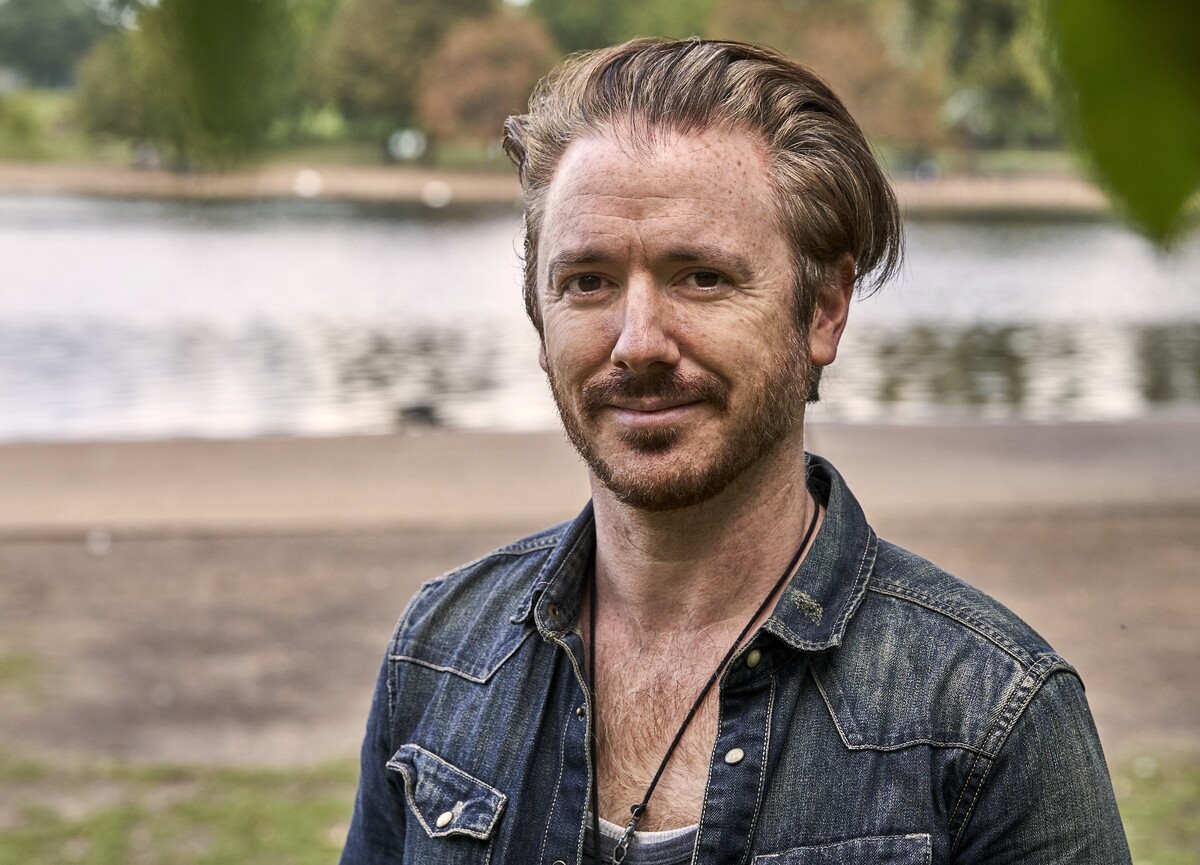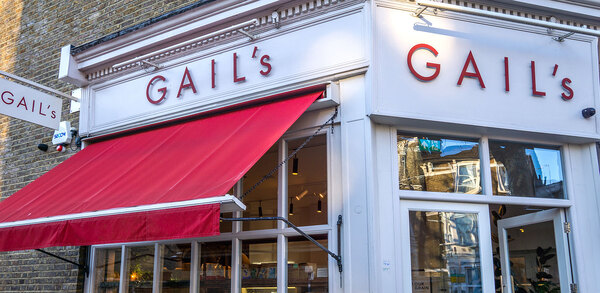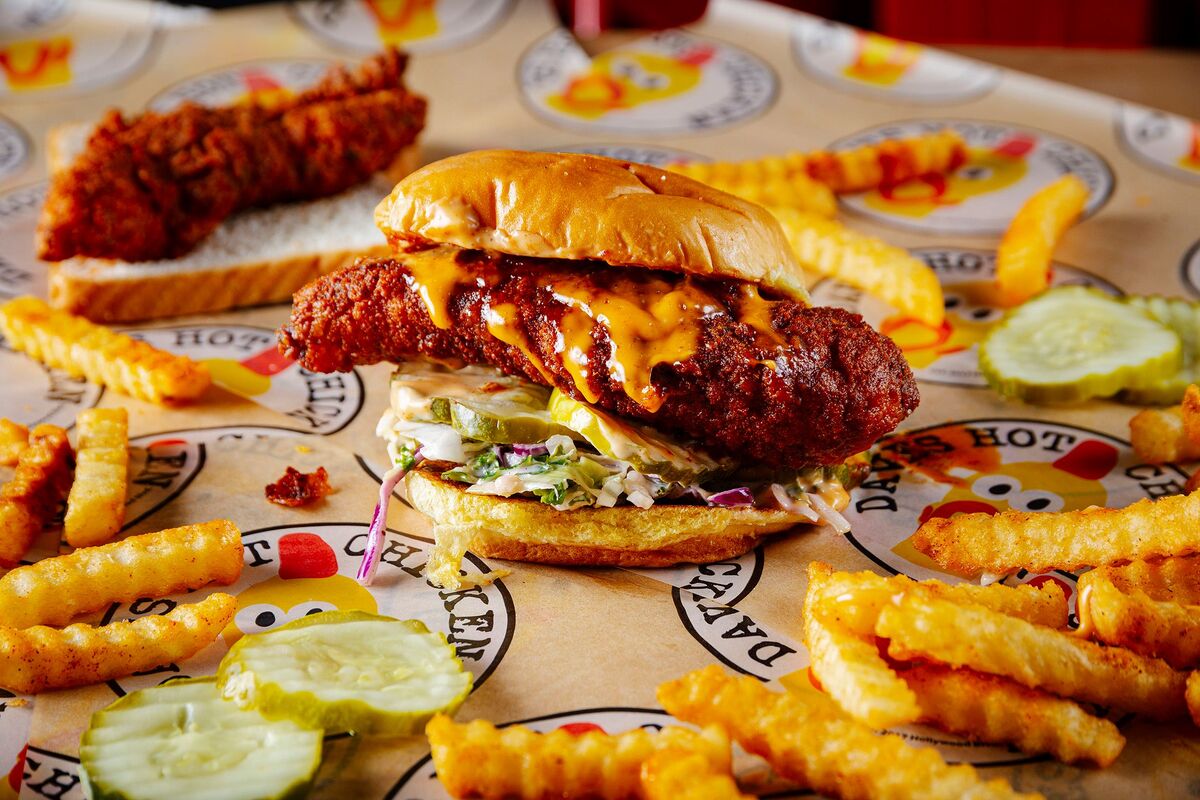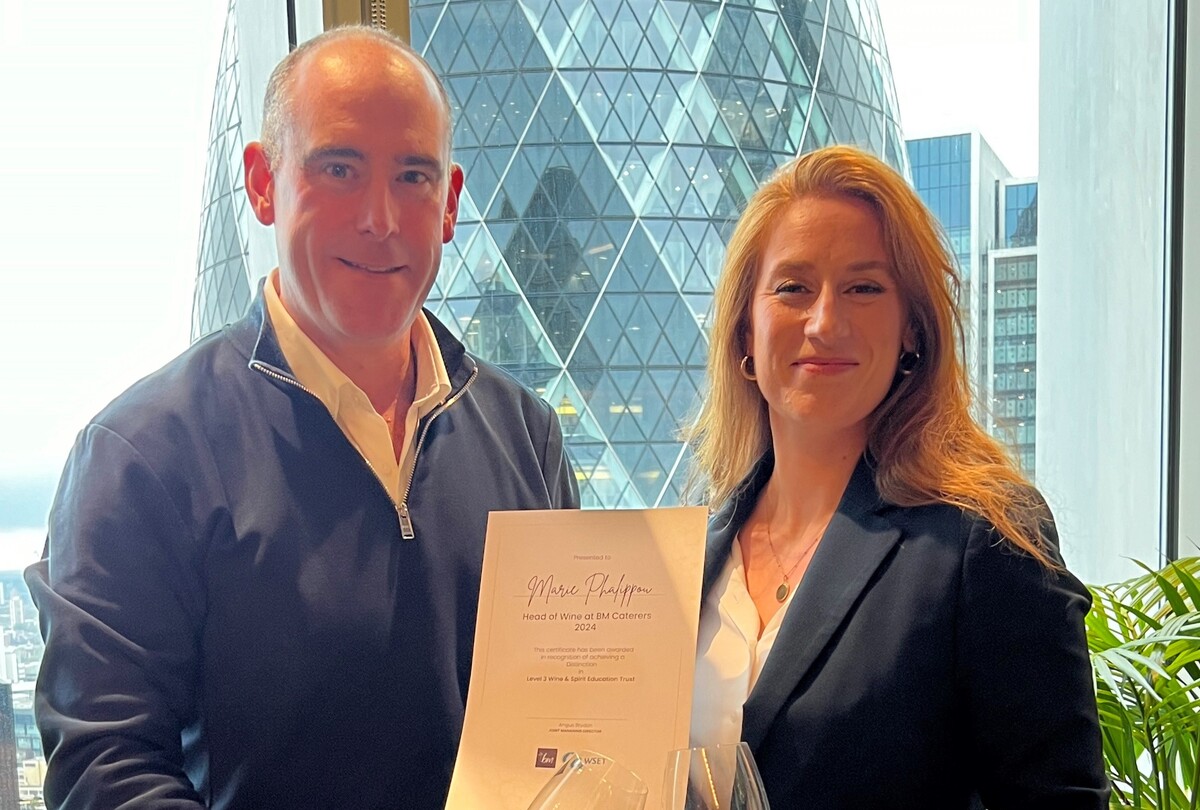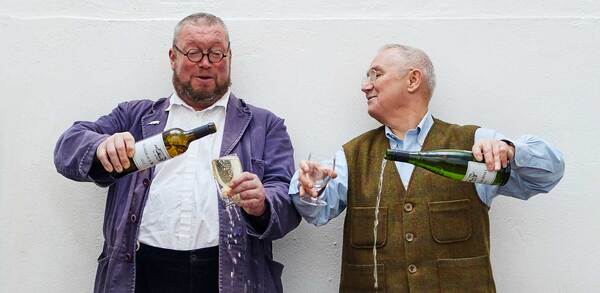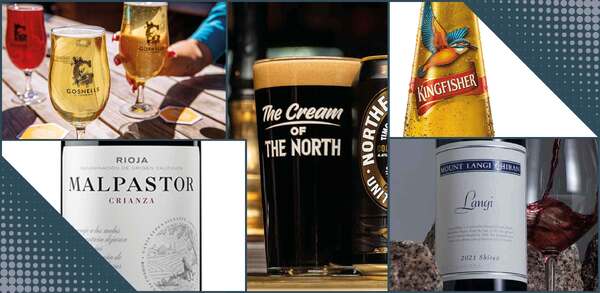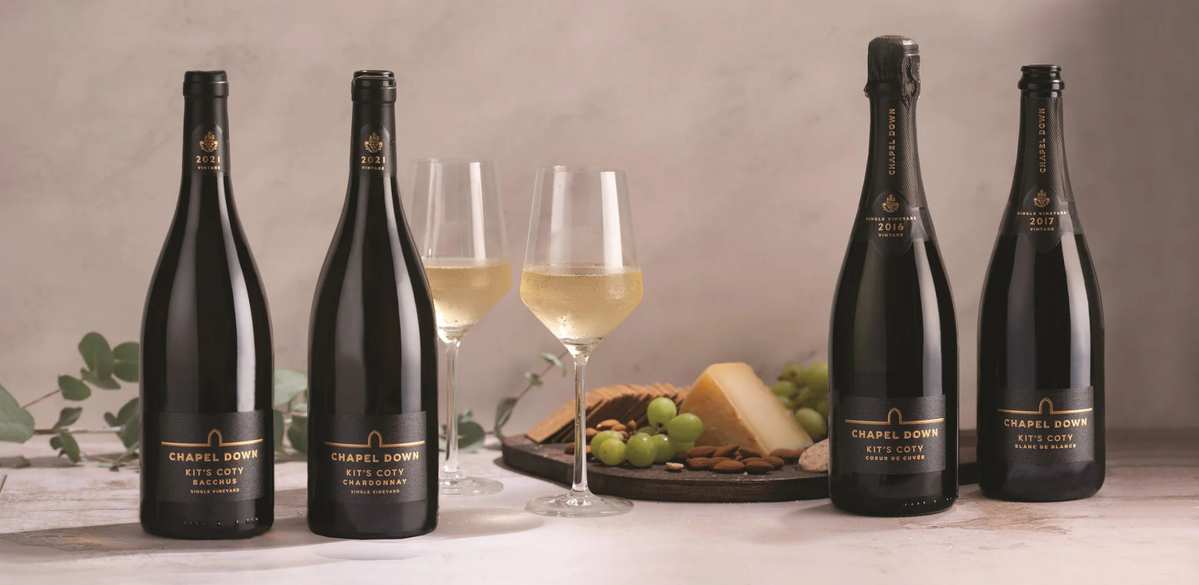Book extract: Tasting Victory by Gerard Basset
Tasting Victory outlines the remarkable life of the young boy from Saint-Étienne in France who rose to become the only individual to have held the challenging Master of Wine qualification simultaneously with the Master Sommelier, MBA Wine Business and MSc from the International Organisation of Vine and Wine. The extracts of the book published here highlight three of the momentous occasions in Basset’s extraordinary life.
Hotel du Vin
In 1994, Basset, together with Robin Hutson, launched the first of what was to become the ground-breaking Hotel du Vin group in Winchester, Hampshire. Here, Basset explains how the trial of Rosemary West proved to be fortuitous for the new business
We heard on the radio in the summer of 1994 that Rosemary West, the infamous murderer who, with her husband Fred West, was accused of murdering several children, was to be judged at Winchester Crown Court, and the case would begin in October 1994. Her husband Fred had died by suicide before the trial so only she would be judged. Obviously, it was an appalling case, but it attracted a great deal of international media attention. Winchester Crown Court was only a short walking distance from Hotel du Vin and our large car park backed onto the court. This unexpected (and horrible) court case came to play a big part in the success of our early months of trading.
On the financial side, we obtained a small amount of money from the local authority to help restore our old building. We also raised some through a sponsorship scheme, inspired by Mosimann’s Club in London, which had some function rooms sponsored by famous luxury brands. Each of our bedrooms would be named after a winery, in exchange for a sponsorship fee of between £4,000 and £6,000, depending on the size and location of the bedroom, for a three-year contract. In exchange, the sponsoring companies would get the use of six bedrooms free each year and a 20% discount when using the restaurant. They could bring their own wines for an event and not have to pay corkage. Furthermore, we would have a minimum of two of their wines on our wine list, though it was our choice and we did not have to give them any exclusivity; if I had a Californian sponsor, I could still list many other Californian wine brands on the wine list. I was in charge of finding the sponsors, as obviously I had a lot of wine contacts. Robin had contacted a few potential sponsors he knew personally very early on and three had said yes already, so I did not start my hunt for sponsors from nothing at all.
It was not an easy task to convince wine producers to part with some money, as Robin and I had no real track record as businessmen. The London International Wine Trade Fair of May 1994 seemed the perfect opportunity to meet many potential sponsors and present them with the details of our project. On the first day of the fair, I did around 25 presentations. My spiel lasted 10 minutes, and then I handed over a document to anybody interested. By the end of the day I was exhausted, and I had just four or five potential sponsors who told me that they would think about it, so not a great outcome. Nevertheless, I decided to do one more presentation before the fair closed for the day, and as I was near a Chilean wine stand, I thought I would do it there.
On the Chilean stand I recognised a famous winemaker called Ignacio Recabarren and thought I would do my presentation to him, as he was a high-powered professional. A lady greeted me and asked me if she could help, but I said, “No thank you, I really wanted to speak with Ignacio.” She was upset that I did not want to engage with her and told me sharply that I would have to wait until Ignacio was free, as he was talking with someone. It was not that I did not want to engage with her, but that day I had done several presentations to so many wine people, just to be told many times over, “Sorry, it is not my department, can you please recount to my colleague here what you just told me!”
I really did not want to do another spiel, only to be told at the end of it, “Sorry, it is Ignacio you should speak to.” Anyway, after 10 minutes, Ignacio came to see me, and I presented our project to him. At the end, he thanked me but said that actually the person I should do the presentation to was the lady I had just rejected, as she was his boss. I felt so stupid. Ignacio called her over and so I redid my spiel just for her, but her body language was telling me all the time that she would not do business with me as she had felt snubbed, and of course, at the end of my presentation she declined my offer with a certain pleasure. I couldn’t blame her, and I had not wanted to upset her, but it was simply the end of a long day.
New Forest, New Life
In 1983, Basset returned to work for a second stint in the New Forest as a waiter at the Crown hotel in Lyndhurst. After being promoted to head waiter, he unexpectedly took his steps towards studying wine
At the end of summer 1984, I was told that I would be promoted to the position of maître d’hôtel (head waiter) to reward me for my dedication, hard work and excellence in the restaurant. I was over the moon, of course.
And then things changed again. In the autumn, a catering student who was working a few shifts every week came to see me. As I was the head waiter, and I was French (there was an assumption that being French made me a wine expert), she assumed I knew a lot about wine. She told me that in her course she was learning about wine, but she hadn’t understood the part about noble rot – a beneficial fungus that attacks grapes and sucks all the water out, which concentrates the sugar – so could I explain it to her?
Unfortunately I hadn’t heard of noble rot either. The next day I went to Lyndhurst’s only bookshop and bought a wine book that had a lot of information on the basics of wine production. In the next few weeks, I read it from cover to cover. Although I’d learned about the main French wine regions when I prepared for my CAP Restaurant exam, my wine knowledge was very basic. The only wines I really knew about were the ones we served at the Crown hotel, the majority of which were French, with some German wines on the list as well.
I had no interest in becoming a sommelier, because my ambition was to become a restaurant manager, but it occurred to me that if I could increase my wine knowledge, it might help me move up. And I realised I had a way in, because in Firminy, the town next to Saint-Étienne, there was a lady famous for her wine expertise: Danielle Carré-Cartal, who ran her family hotel, had won the title of Best Restaurateur-Sommelier of France, 1978, the first woman to win such a title. So I wrote to Mme Carré-Cartal and told her that I wished to take the CAP Sommelier exam in June 1985, and could she help me prepare for it. She wrote back and told me to visit her. As it happened, Mum was now living back in Saint-Étienne, so I paid her a visit and took the opportunity to visit Mme Carré-Cartal.
She was charming and helpful and gave me the right books to study and plenty of useful advice. I registered my name for the exam the same week and when back in England I did a lot of revising and prep in the months leading up to the exam. I took the exam as planned in June 1985. The CAP Sommelier followed the same formula as the two CAP exams I had done before, and I passed (just).
One More Shot
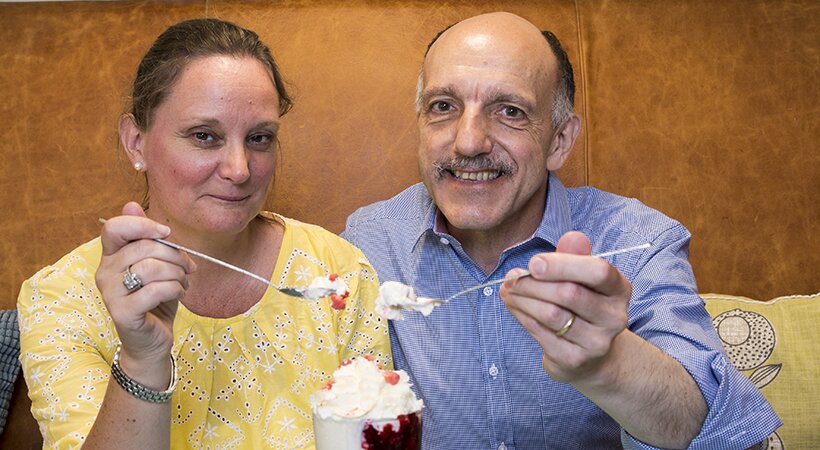
After three previous attempts (in 1992, 1994 and 2007), Basset finally took the crown of the Best Sommelier in the World in 2010, with an outstanding performance in Chile. He recounts the final of the competition and the moment when he was announced champion and was able to celebrate with his wife Nina and son Romané.
I was shown the different tables, each of which had several judges, and I was told in which order I should tackle each table. The first task was to serve a bottle of Champagne to three guests and make a Negroni for the fourth guest, in four minutes. I relaxed and enjoyed it, because the classic Negroni cocktail (one-third Campari, one-third Martini and one-third gin on ice, with an orange peel as garnish) is one of my all-time favourite cocktails.
The second task was a food and wine matching exercise. I had to create a menu around some very special bottles, in six minutes. The hours of practice paid off and I came up with some delicious dishes to complement the superb wines, making sure that each dish logically followed the one before.
The third task was the decanting and service of a magnum of red in six minutes. Before the competition, I had decanted countless bottles and magnums of wine with Nina timing me. She would note very precisely my timing for each small operation of the decanting. I did well in that task, and I enjoyed it.
I also had to correct a wine list that had mistakes on it, in four minutes. The wine list was projected on a large screen so the audience could follow along, but they had been told by the MC to keep quiet. This was normally my weakest point, and I was never able to find many mistakes. What I had done this time was ask several sommeliers to write and send me some wine lists with mistakes, with the corrections listed separately. Over the year I had collected around 40 such wine lists and in the last six months I would correct one or two a day. The preparation certainly helped – my performance wasn’t flawless, but I received an excellent score.
Then came a blind tasting of four wines and a series of liqueurs and spirits, to be done within 15 minutes. There was a three-minute quiz – pictures of famous estates and well-known personalities were projected onto the screen and I had to identify them. Fortunately, I knew a lot of them.
Finally, there was a question about the profession itself. I had two minutes to give my perspective on the role of sommelier. I had plenty to say, as I had written articles tackling this very topic for trade and consumer magazines over the years.
Then it was all over, and I left the stage. I felt empty and exhausted. This was my last chance to win, and I’d given it everything. If I didn’t win today, then I would join the ranks of the also-rans, those who could never quite break through. But at least I knew I’d given it my all. I walked as far away from the function room as I could.
Fifteen minutes later, a few people came to find me, including Nina. “Where were you?” she said. “They are waiting for you on stage!” Then she gave me a kiss and said: “Good luck, mon amour!”
I climbed on stage and took my place next to David (Biraud of France) and Paolo (Basso of Switzerland). We listened to a short speech given by Kazuyoshi Kogai San, the president of the Association Sommelier International. He was an extremely nice man – he has sadly passed away since – but he spoke quietly, and it was difficult to hear what he was saying. The audience began to get restless and the room became noisy. That meant that when I heard the president pronounce my number, 33, I wasn’t really sure what he meant. Was I third?
I sat in confusion, wishing he would repeat himself, but then I heard the applause and the cheers – and I realised they were for me.
I had just been named the Best Sommelier of the World.
A sterling silver Moët & Chandon bottle was placed in my hands, engraved with all the names of the past winners. The next few moments were a blur of photographs being taken and speeches being made. I called Nina and Romané to join me on stage and gave Nina my heartfelt thanks for everything she had done – without her, I wouldn’t have been standing there.



